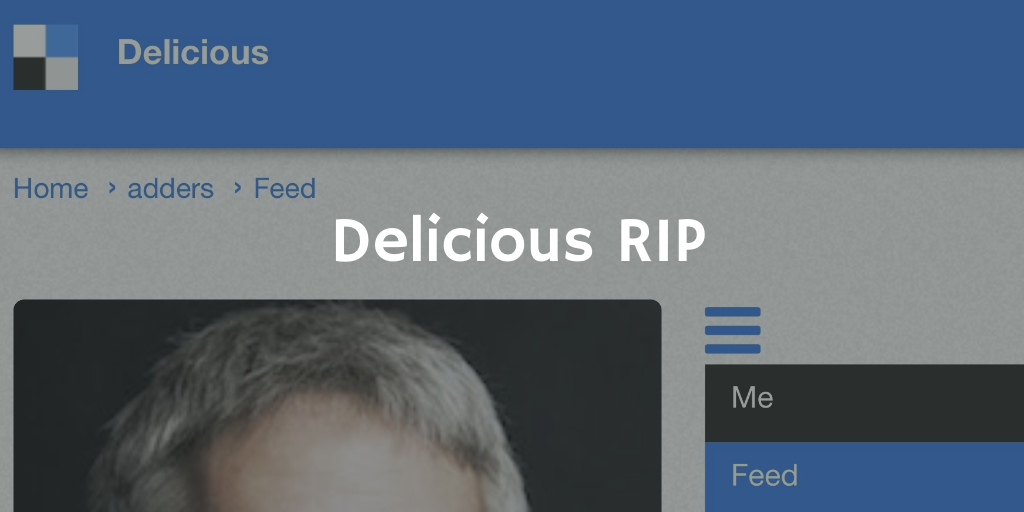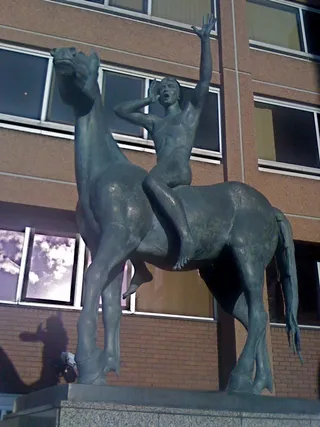
web 2.0
(58)

B2B
Save B2B Publishing By Loving People
Putting people, not topics, at the heart of our journalism is the best way to reconnect with readers…


Putting people, not topics, at the heart of our journalism is the best way to reconnect with readers…